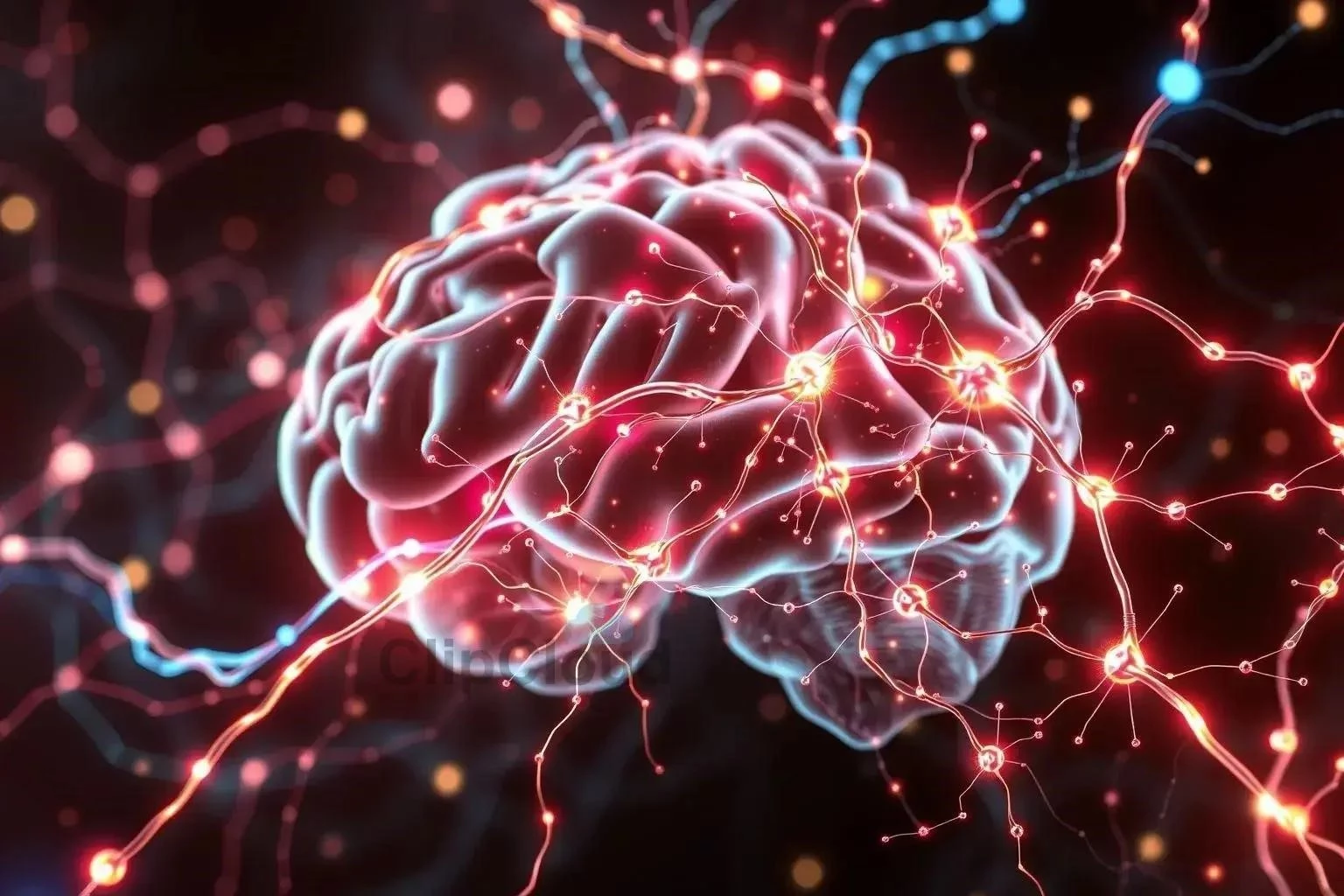Understanding Cognitive Enhancement
Cognitive enhancement refers to the techniques and strategies used to improve cognitive functions such as memory, focus, attention, and learning. This can involve a range of approaches, from lifestyle modifications like diet and exercise to technological interventions like brain training apps and neurostimulation. The goal is to optimize brain function and push the boundaries of mental capabilities. It’s about enhancing the brain’s natural abilities to perform better in everyday tasks and achieve peak cognitive performance. This pursuit of enhanced cognition is driven by a desire for self-improvement and maximizing human potential.
Methods for Neuro-Optimization
Neuro-optimization encompasses a diverse range of techniques aimed at enhancing brain function and optimizing cognitive performance. These methods vary in their invasiveness, complexity, and scientific backing. Some popular approaches include:
- Nootropics (Smart Drugs): These substances, often supplements or pharmaceuticals, are purported to improve cognitive functions like memory, focus, and motivation. Examples include caffeine, modafinil, and racetams. However, their efficacy and long-term safety profiles are often debated and require further research. It’s crucial to consult with a healthcare professional before using any nootropics.
- Meditation and Mindfulness: These practices involve focused attention and awareness of the present moment. Regular meditation has been shown to improve attention span, reduce stress, and promote emotional regulation, all of which can positively impact cognitive performance.
- Transcranial Magnetic Stimulation (TMS): This non-invasive technique uses magnetic pulses to stimulate specific brain regions. TMS has shown promise in treating conditions like depression and has also been explored as a potential method for enhancing cognitive functions like working memory and executive function.
- Transcranial Direct Current Stimulation (tDCS): Another non-invasive brain stimulation technique, tDCS applies a weak electrical current to the scalp to modulate neuronal activity. Research is ongoing regarding its effectiveness in enhancing cognitive abilities, with some studies suggesting potential benefits for learning and memory.
- Biofeedback: This method involves using sensors to monitor physiological signals like heart rate and brainwaves. By providing real-time feedback, biofeedback helps individuals learn to control these processes, potentially improving focus, reducing stress, and enhancing cognitive performance.
- Neurofeedback: A specialized form of biofeedback, neurofeedback focuses specifically on brainwave activity. It trains individuals to self-regulate their brainwaves, potentially improving attention, reducing impulsivity, and enhancing overall cognitive function.
- Brain Training Apps and Games: Numerous digital tools claim to improve cognitive skills through targeted exercises and games. While some evidence suggests potential benefits for specific cognitive domains, the generalizability and long-term effectiveness of these interventions are still under investigation.
- Lifestyle Factors: Diet, exercise, and sleep play crucial roles in brain health and cognitive function. A balanced diet rich in antioxidants and omega-3 fatty acids, regular physical activity, and adequate sleep are essential for optimal cognitive performance.
It’s important to note that the field of neuro-optimization is constantly evolving, and research on the effectiveness and safety of these methods is ongoing. Consulting with a healthcare professional or qualified expert is recommended before implementing any neuro-optimization strategy.
Practical Applications for Daily Life
Cognitive enhancement and neuro-optimization techniques can offer a range of benefits for daily life, impacting various aspects of personal and professional performance. Here are some practical applications:
- Improved Focus and Concentration: Techniques like meditation, neurofeedback, and certain nootropics can enhance focus and concentration, making it easier to stay on task, minimize distractions, and improve productivity at work or school. This can be especially beneficial for tasks requiring sustained attention, such as studying, writing, or complex problem-solving.
- Enhanced Memory and Learning: Strategies like spaced repetition, mnemonic devices, and some brain training apps can boost memory and learning capabilities. This can be helpful for students memorizing information, professionals acquiring new skills, or individuals simply wanting to improve their ability to recall names, faces, and everyday details.
- Increased Productivity and Efficiency: By optimizing cognitive functions like focus, memory, and decision-making, individuals can enhance their overall productivity and efficiency. This can translate to completing tasks more quickly, managing time more effectively, and achieving greater success in various endeavors.
- Better Stress Management: Techniques like mindfulness, biofeedback, and certain adaptogenic herbs can help regulate stress responses and improve emotional regulation. This can lead to better coping mechanisms for daily stressors, improved mood, and enhanced resilience in challenging situations.
- Enhanced Creativity and Problem-Solving: Some cognitive enhancement techniques, like brainstorming and lateral thinking exercises, can stimulate creativity and improve problem-solving abilities; This can be valuable for individuals in creative fields, entrepreneurs developing new ideas, or anyone facing complex challenges requiring innovative solutions.
- Improved Decision-Making: By enhancing cognitive functions like working memory and executive function, individuals can improve their decision-making processes. This can lead to more informed choices, better judgment, and more effective problem-solving in various aspects of life.
- Enhanced Communication and Social Skills: Improved cognitive function can also positively impact communication and social skills. By enhancing memory, focus, and emotional regulation, individuals can engage in more meaningful conversations, build stronger relationships, and navigate social situations with greater ease.
- Improved Physical Performance: While not directly cognitive, some neuro-optimization techniques can indirectly enhance physical performance. For example, improved focus and stress management can contribute to better athletic performance and faster recovery times.
Integrating these techniques into daily routines can lead to significant improvements in overall cognitive performance and quality of life.
Potential Risks and Ethical Considerations
While cognitive enhancement and neuro-optimization hold significant promise, it’s crucial to acknowledge the potential risks and ethical considerations associated with these practices:
- Safety Concerns: Some methods, particularly pharmaceutical nootropics and brain stimulation techniques, carry potential side effects and safety risks. Long-term effects are often unknown, and improper use can be detrimental. Thorough research and consultation with a healthcare professional are essential before using any intervention.
- Accessibility and Equity: Access to certain cognitive enhancement technologies and resources may be limited due to cost or availability, creating disparities and raising concerns about fairness and equity. This could exacerbate existing social inequalities and create a “cognitive divide.”
- Coercion and Pressure: In competitive environments, individuals may feel pressured to use cognitive enhancement methods to keep up with others, potentially leading to coercion and a sense of obligation. This can create an unhealthy and unsustainable pursuit of enhanced performance.
- Authenticity and Identity: Some argue that cognitive enhancement interferes with natural human development and diminishes the value of hard work and effort. Questions arise about the authenticity of achievements obtained through artificial means and the potential impact on personal identity.
- Unforeseen Consequences: The long-term societal implications of widespread cognitive enhancement are uncertain. Concerns exist about potential unintended consequences for education, employment, and social interactions.
- Lack of Regulation and Oversight: The rapidly evolving field of neuro-optimization often lacks adequate regulation and oversight. This can lead to the proliferation of unproven or potentially harmful products and practices.
- Ethical Dilemmas in Specific Populations: The use of cognitive enhancement in children, athletes, and military personnel raises specific ethical dilemmas. Considerations include informed consent, potential for exploitation, and the impact on fair competition.
- Dependence and Addiction: Some cognitive enhancement methods, particularly certain nootropics, carry the risk of dependence and addiction. Individuals may develop a reliance on these substances to function normally, leading to negative consequences if access is discontinued.
Open and ongoing discussions about these ethical considerations are essential to ensure the responsible development and implementation of cognitive enhancement technologies. Careful consideration of potential risks and benefits is crucial for individuals considering these interventions, and a balanced approach that prioritizes safety, equity, and ethical principles is paramount.






